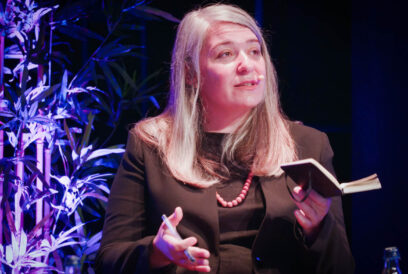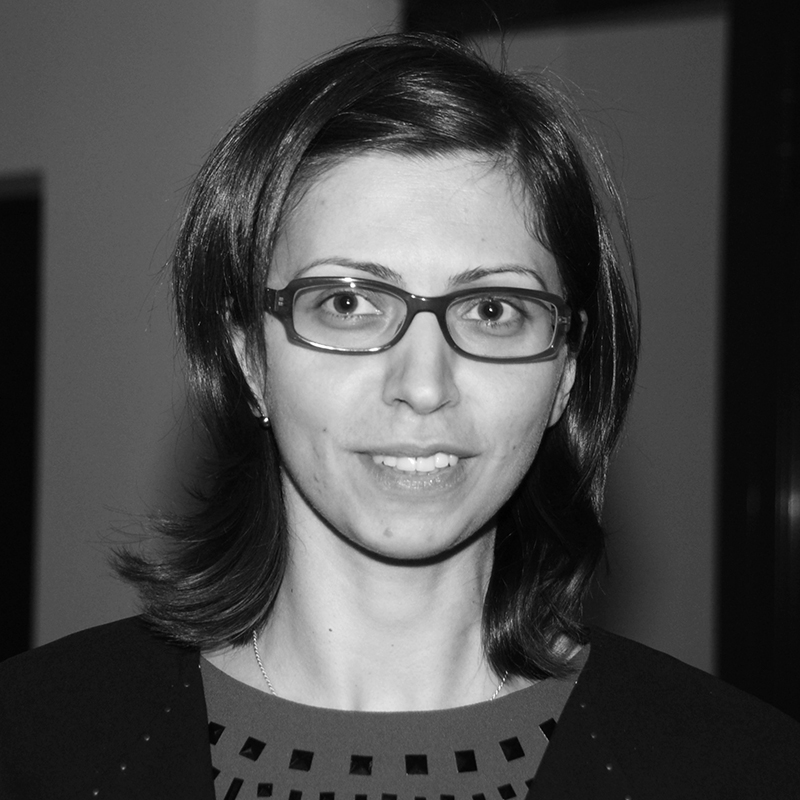

French education does not adequately prepare young people for intercultural dynamics, writes Dr. Mihaela-Viorica Ruşitoru. / Photo: Pexels
French education does not adequately prepare young people for intercultural dynamics, writes Dr. Mihaela-Viorica Ruşitoru. / Photo: Pexels
The French education system does not adequately prepare students for intercultural dynamic and multilingual skills, creating a gap between francophone and anglophone researchers in humanities and social sciences, writes researcher Mihaela-Viorica Ruşitoru in her essay.
Back in the day, French was the language of enlightenment and cultural life, the so-called lingua franca between peoples. Little by little, English has taken over because of its role in international trade and the strong influence of the English-speaking United States, colonialism, globalisation and free mobility.
Nevertheless, the use of solely one language as “universal” can have unexpected consequences on social, political, academic, economic and educational levels.
My view is that cooperation between the francophone and anglophone research communities in humanities and social sciences is not very active, but is the lack of collaboration only due to this linguistic approach?
Combining my own reflections with ideas provided by researchers from France and the United Kingdom who accepted to collaborate with me for this article, I came to some conclusions. This shortage of collaboration seems to be rooted in multiple causes, namely language, culture, global supremacy and globalisation, epistemology and methodology and disciplinary perspective.
Is the French education system lacking an intercultural and multi-lingual approach?
Collaboration between researchers and practitioners on an international level is dependent on mastery of a common language.
The French educational analysts argue that French people have insufficient mastery of foreign languages, including English. The situation has started to change with the younger generations, but it seems that promoting foreign language-learning remains one of the biggest challenges for educational policy in France.
The previous Minister of Education, Najat Vallaud-Belkacem, proposed a reform in 2015, which brings into question the bilingual classes and the disappearance of the so-called dead languages of Latin and Greek.
Moreover, in the opinion of the researchers taking part of my research for this article, another weakness of the education system in France is the lack of a functional approach to learning languages. That is to say, a foreign language is primarily learned to gain marks at school, and not really to of use in daily life.
Collaboration in the research community also requires intercultural dynamics, shared contributions and mutual understanding. It seems that, apart from international schools or schools situated near the borders, French education does not adequately prepare young people for such things.
In adulthood, this inadequacy of early education translates into a lack of courage and skill to use languages to operate in international arenas, which may contribute to further mental and social resistance to building international collaborative research partnerships.
The relationship between language and culture is also extremely important because cultures are manifested through language more than anything else. Yet, these nuances of a language can only be detected if there is an understanding of the culture. On a general level, there are differences between the English and French cultures, the origins of which can be described and understood through a critical socio-historigeographical examination of the two nation states over the last two millennia.
Language and the global supremacy
Nowadays anglophones enjoy the privilege of their mother tongue being spoken worldwide. Thus, it seems that anglophone researchers rarely make an effort to learn French or other foreign languages. There is also a political will to promote English as a common denominator – Globish – by international organisations and global powers, such as the United States.
Moreover, historically English is a mix of Germanic and Latin influences, so common linguistic aspects are easy to find for many. The structure of the language is relatively simple and concise, whereas the more complex French research language could be an obstacle. In addition, anglophone territories are more widespread than francophone ones, so for the moment, English remains the language of global power.
One of the main sources of criticism of the hegemony of the English language could be pointed at the Academic Ranking of World Universities – Shanghai Ranking, which only takes into account publications in English. This of course has many consequences, as it favours researchers with adequate skills in English.
The French seem to be aware of the dominance of English through its usage on the internet and in research fields. The efforts of the French Academy to protect and preserve the French culture and language have been intensified. This is manifested in, for instance, the insistence on using “fin de semaine” instead of “weekend”.
The role of France and the United Kingdom as former colonial powers cannot be neglected in this discussion. Their language and culture have gone hand in hand with political and economic domination of other peoples.
However, can we anticipate what the future will bring? Many voices are asking if China will shortly change the situation. I do not think so, firstly because of the complexity of the Chinese language, and secondly because, until now, the French and English cultures have influenced the development of particular cultures through language in theatre, literature, poetry, art, music and so on.
What about epistemology and methodology?
In each country, certain national methodologies are favoured in research. For instance, it is said that Anglo-Saxon research is more “research-oriented” and aims to improve learning in a practical context. Given that the aim is the enhancement of daily scholarly activities, we can define this approach as focused on “research for”, as in changing something.
French research, on the other hand, is more “theory-oriented”. That is to say, the target is primarily to improve theory and concepts. This approach is characterised as being “research on”, which is on theory or concept.
Doing research needs both approaches. So, to sum this up, in anglophone countries research is more empirical, while in Francophone countries it is more conceptual, which could also affect collaboration.
Finally, let us note that the lack of collaboration between francophone and anglophone researchers could be a discipline-related issue. In exact sciences, European collaboration is much more active, while in social sciences researchers still struggle to find a common ground.
In the United Kingdom, compulsory education is also rooted in private, collective and decentralised initiatives organised by informal organisations, the Church or trade unions. Implicitly, the way of doing academic research and methodologies used in social sciences are specific to the English context.
In France, education has always been a “State affair”, more centralised and structured under the rules of the government. Another methodology is therefore used and, consequently, this approach generates a discrepancy between the French and English perspectives in Humanities and Social Sciences.
There are several reasons for the gap in European collaboration between francophone and anglophone practitioner and research communities. I believe that an open debate about the reasons and the solutions for this gap will nourish research in this field.
So, let us say: “À vos plumes!” in Hugo’s language or “Sharpen your pencils!” in Shakespeare’s language.
Essay gives an expert’s view and analysis of a particular issue or phenomenon. Would you like to answer the writer or write and essay on another topic? Contact us at elm@kvs.fi
Author






